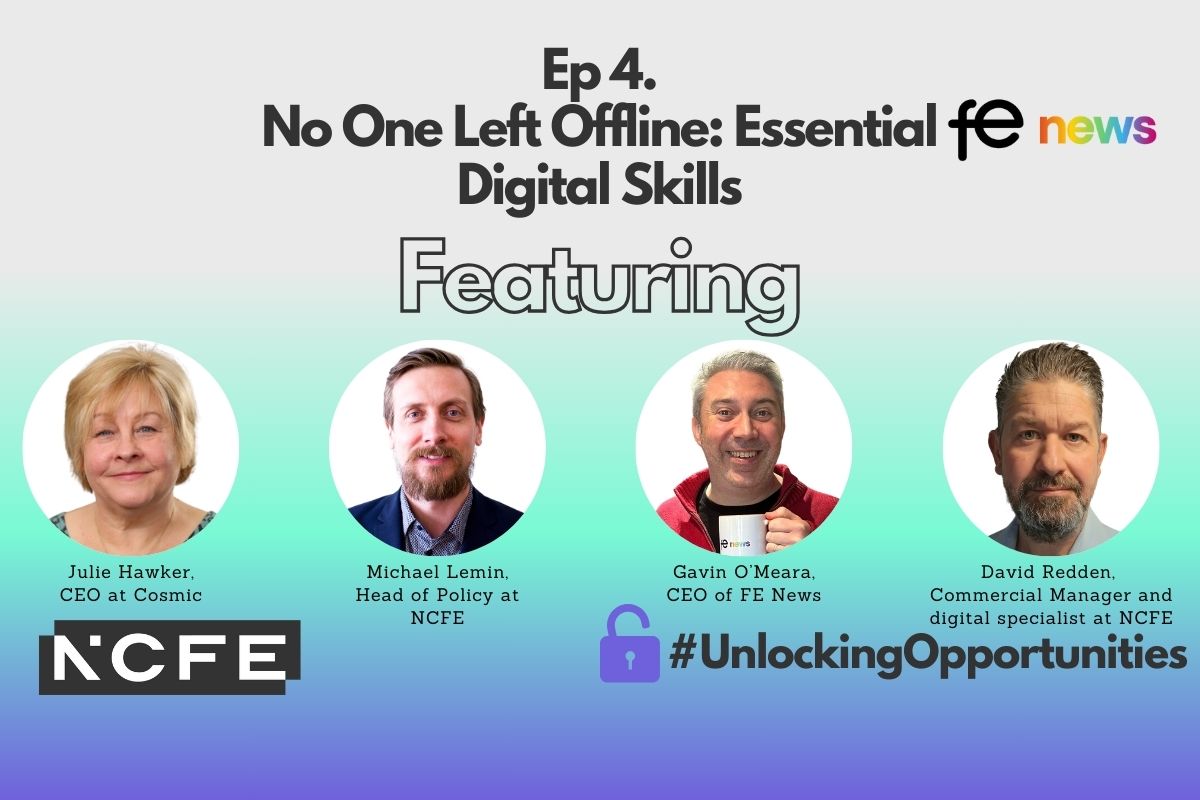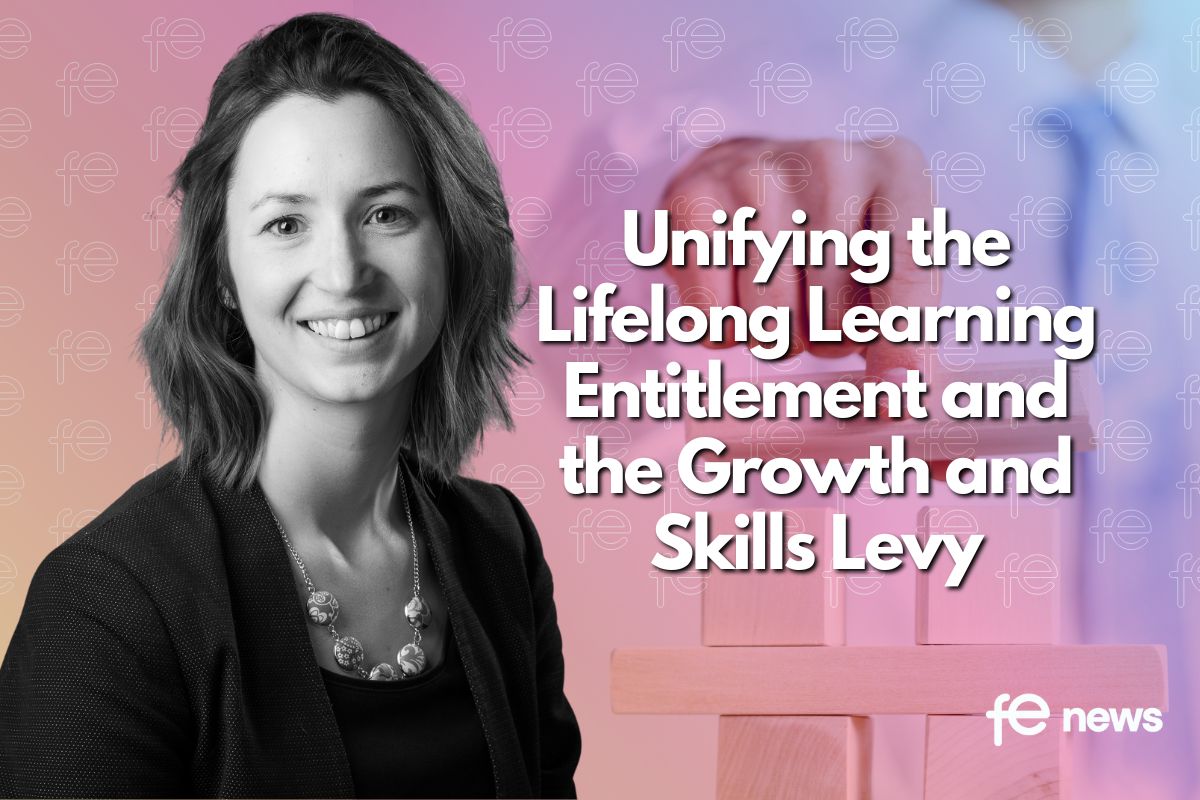Kirklees Council Supports Disability History Month By Helping Young People with Learning Disabilities Secure Life-Changing Jobs

@KirkleesCouncil is supporting this year’s #DisabilityHistoryMonth by helping young people with Special educational needs and disabilities (SEND) secure life-changing jobs in Kirklees. @dfnsearch
Kirklees Council has announced it will become a host employer for supported internship programme DFN Project SEARCH.
As an employer the Council will work in partnership with Kirklees College and its Real Employment team to help young people with learning disabilities gain the skills they need to get meaningful, paid jobs.
DFN Project SEARCH CEO Claire Cookson said: “We are very proud of all our partners who we work with in delivering DFN Project SEARCH and the impact it is making to the lives of young people with learning disabilities and autism in Kirklees.”
Kirklees Council is supporting this year’s Disability History Month by helping young people with Special educational needs and disabilities (SEND) secure life-changing jobs in Kirklees.
During UK Disability History Month, Kirklees Council has announced it will become a host employer for national supported internship programme DFN Project SEARCH.
As an employer the Council will work in partnership with Kirklees College and its Real Employment team to help young people with learning disabilities gain the skills they need to get meaningful, paid jobs. In doing so, the Council has become the second employer in Kirklees to be a host for DFN Project SEARCH: the Mid Yorkshire NHS Foundation Trust – Dewsbury started their scheme in 2019.
DFN Project SEARCH programmes are building a more inclusive society by helping young people with learning disabilities and autism to access high quality work-related learning through immersive supported internships and improved opportunities to access long-term paid employment.
Students attend for a full academic year on-site at the host business, and the programme includes a combination of employability skills teaching, career exploration and hands-on training through a series of job rotations supported by qualified job coaches.
DFN Project SEARCH CEO Claire Cookson said:
“We are very proud of all our partners who we work with in delivering DFN Project SEARCH and the impact it is making to the lives of young people with learning disabilities and autism in Kirklees.”
“Every young person has a right to aspire to work, something that is often denied to people with learning disabilities and autism. The great work of our partners is an incredible commitment to ensuring quality working opportunities are available for those with learning disabilities and autism in Kirklees.”
Councillor Carole Pattison, Cabinet member for Learning, Aspiration and Communities said:
“We are delighted to be partnering with DFN Project SEARCH to support young people with learning disabilities in the borough. One of our key priorities is the best start in life for all young people, and by signing up to this programme, we are creating opportunities for some of our most disadvantaged residents and working towards a more inclusive society”.
DFN Project SEARCH offers its partners a high-performing evidenced-based programme, materials and support structure to effectively support young people with learning disabilities and autism to transition from education into full-time, integrated, competitive employment.
Today DFN Project SEARCH has 69 internationally recognised programmes across the UK, Ireland and Iberia, and has supported over 1500 interns into work, 1350 of which meet Project SEARCH’s success criteria. This criteria means that the work is over 16 hours per week, is non seasonal, is paid the prevailing wage for the role and that the work is in an integrated setting.
On average 60 per cent of graduates obtain full-time paid employment meeting these criteria, which is well beyond national statistics of 5.9 per cent. Yet an additional 10 per cent find some type of paid employment, meaning the lives of 70 per cent of graduates are changed for the better.











Responses